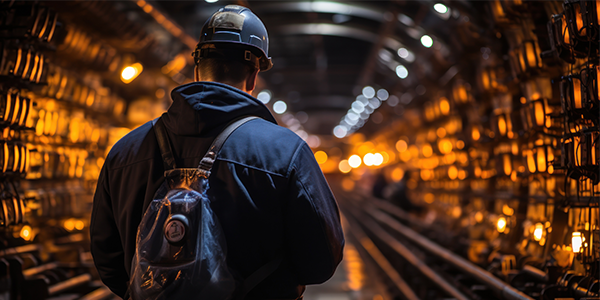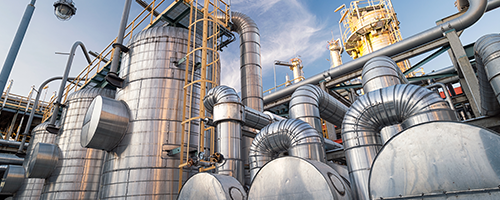
Filtration: The Hidden Hero in Decarbonization
October, 2024
As the world grapples with the climate crisis, the quest for a singular solution often proves elusive. The reality is that achieving net-zero emissions necessitates a multifaceted approach involving renewable energy production, carbon capture, recycling, and electric vehicle (EV) battery production. A crucial element in this transition is filtration technology. Experts emphasize the indispensable role of filtration in ensuring product purity and equipment efficiency, which are vital for optimizing decarbonization efforts across various industries.
Green Hydrogen Expansion: The Need for Purity
Green hydrogen is pivotal in many national net-zero strategies, serving as a clean fuel alternative for energy-intensive industries, transportation, and power stations. The European Union aims to produce 10 million tonnes of green hydrogen by the end of the decade, while the UK targets 10 gigawatts of green and blue hydrogen by 2030.
However, hydrogen production involves significant technical challenges, particularly in removing contaminants. For hydrogen to meet stringent purity specifications—typically requiring contaminant levels as low as 5 parts per million (ppm)—several filtration and separation steps are essential. These include cooling, separating, and compressing the liquid-gas mixture post-electrolysis, and using various filtration techniques to eliminate solid contaminants originating from process equipment.
Optimizing Wind Power
Wind energy has emerged as a major renewable energy source, contributing significantly to electricity generation in regions like the UK and the EU. However, wind turbines face unique challenges due to their exposure to extreme environmental conditions. The windmill gearbox lubrication system for example requires robust filtration technology to protect against contaminants, ensuring the longevity and efficiency of the turbines.
Enabling Biofuel Production
Transportation accounts for approximately a quarter of global greenhouse gas emissions. Advanced biofuels offer a low-carbon alternative for sectors like trucking, shipping, and aviation. Variations in feedstock quality and biomass degradation can damage downstream equipment if not properly filtered. Efficient filtration and separation technologies are essential to maintain production capacity and operational reliability, preventing issues such as pressure buildup and equipment corrosion.
The Potential of Carbon Capture, Utilisation, and Storage (CCUS)
CCUS is increasingly crucial in decarbonising hard-to-abate sectors like cement and steel industries. Addressing contaminants in post-combustion carbon capture is essential. Effective filtration systems are vital for maintaining high carbon capture efficiency and protecting CCUS infrastructure from contaminants that can foul process equipment and reduce efficiency.
Chemical Recycling for a Circular Economy
With only 9% of the world’s plastic waste being successfully recycled, advanced chemical recycling offers a promising solution. This process converts mixed plastic waste into valuable hydrocarbons. However, the presence of impurities necessitates robust filtration systems to ensure the feedstock's suitability for downstream processing and to prevent equipment fouling.
Meeting EV Battery Production Demand
As the electric vehicle market grows, the purity of materials used in lithium-ion batteries becomes increasingly critical. Contaminants in the active materials and electrolyte can significantly impact battery performance. Specialized filtration systems are essential to eliminate these contaminants, ensuring optimal battery operation and greater adoption of electric vehicles.
So there you have it - from renewable energy and CCUS to biofuels and EV batteries—advanced filtration technology plays a crucial yet often overlooked role. Effective filtration systems are essential for maintaining product purity, protecting vital equipment, and optimizing operational efficiency. To achieve a net-zero future, collaboration between governments and industries is crucial, with filtration technology serving as an unsung hero in the decarbonization journey.
Discover more about our hydrogen solutions here.
Subscribe to our blog to stay up-to-date on the latest insights and trends
- Category
- Author
- Sort By












